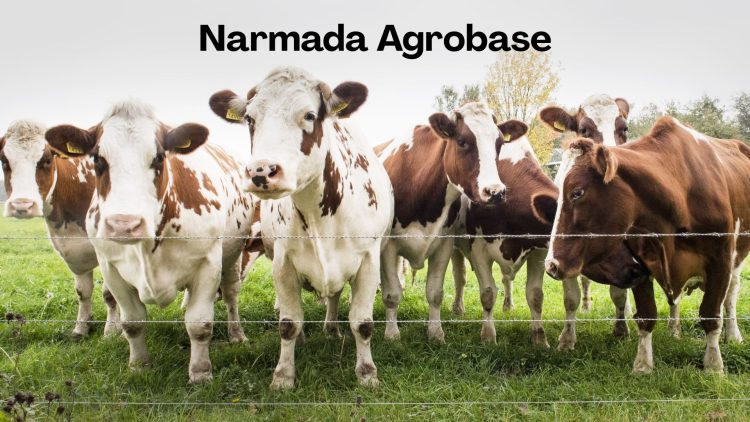Narmada Agrobase Limited reported a strong start to FY26 with an impressive jump in profitability. The company’s EBITDA rose 82% quarter-on-quarter to ₹1.65 crore, while margins expanded to 14.47%. Net profit stood at ₹1.02 crore, up 31% from the previous quarter.
The company, listed on both NSE and BSE, is engaged in the manufacturing and supply of cattle feed and cotton feed-based agro products. Incorporated in 2013 and headquartered in Mehsana, Gujarat, Narmada Agrobase operates popular brands such as Gaay Chhaap, Narmada Super, and Churma. These brands are well-recognized for quality and consistency across domestic markets.
From an investor’s perspective, the key question is whether the margin expansion is sustainable. Management explained that efficient raw material procurement and cash-based buying supported profitability despite volatility in cotton and other inputs. The company also highlighted that its business model, largely B2B-focused, provides stability in customer relationships.
Growth opportunities lie ahead. Narmada Agrobase is expanding regionally into Maharashtra, Madhya Pradesh, Punjab, and Rajasthan. It is also working on value-added products like pelletized cattle feed and cotton seed. Importantly, management has set a target to scale exports to 15-20% of total revenue over the next three years, with focus on Southeast Asia, the Middle East, and Africa.
Sustainability initiatives add another angle for long-term investors. The company is exploring renewable energy options like white coal and biogas, alongside eco-friendly packaging. It has also committed to zero-waste operations, aligning itself with ESG themes that are increasingly attracting institutional investors.
Recent developments further strengthen the company’s position. In August 2025, Narmada Agrobase secured a trademark injunction that prevents another party from using marks similar to its brands, including Gay Chhap Narmada. This legal win enhances brand protection and safeguards long-term brand equity. Additionally, the company refreshed its board by appointing two new independent directors after the resignation of earlier members, signaling attention to governance standards.
However, investors should also weigh the risks. Current capacity utilization is at 50% of its 4,000 tonnes per month capability, leaving room to scale. Management expects to double capacity utilization by FY27, but achieving this will depend on demand expansion and execution. Climate risks, especially erratic monsoons impacting cotton supply, were acknowledged as an industry concern though the company claims minimal impact so far.
For now, the company’s strong Q1 numbers showcase operational efficiency and market resilience. Whether the sharp rise in EBITDA is the start of a consistent trend or just a one-off gain will depend on how well Narmada Agrobase executes its expansion, export, and value-addition strategies in the coming quarters.












